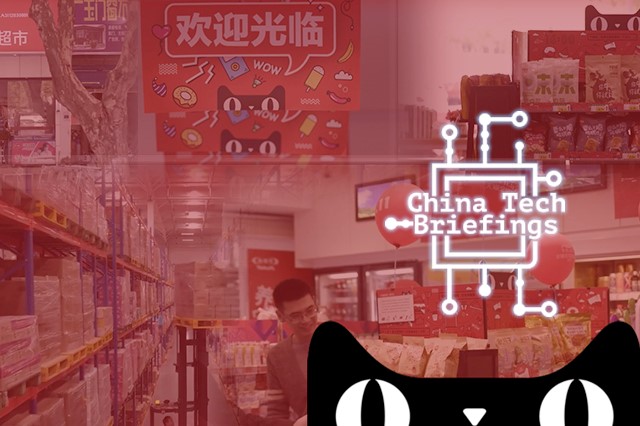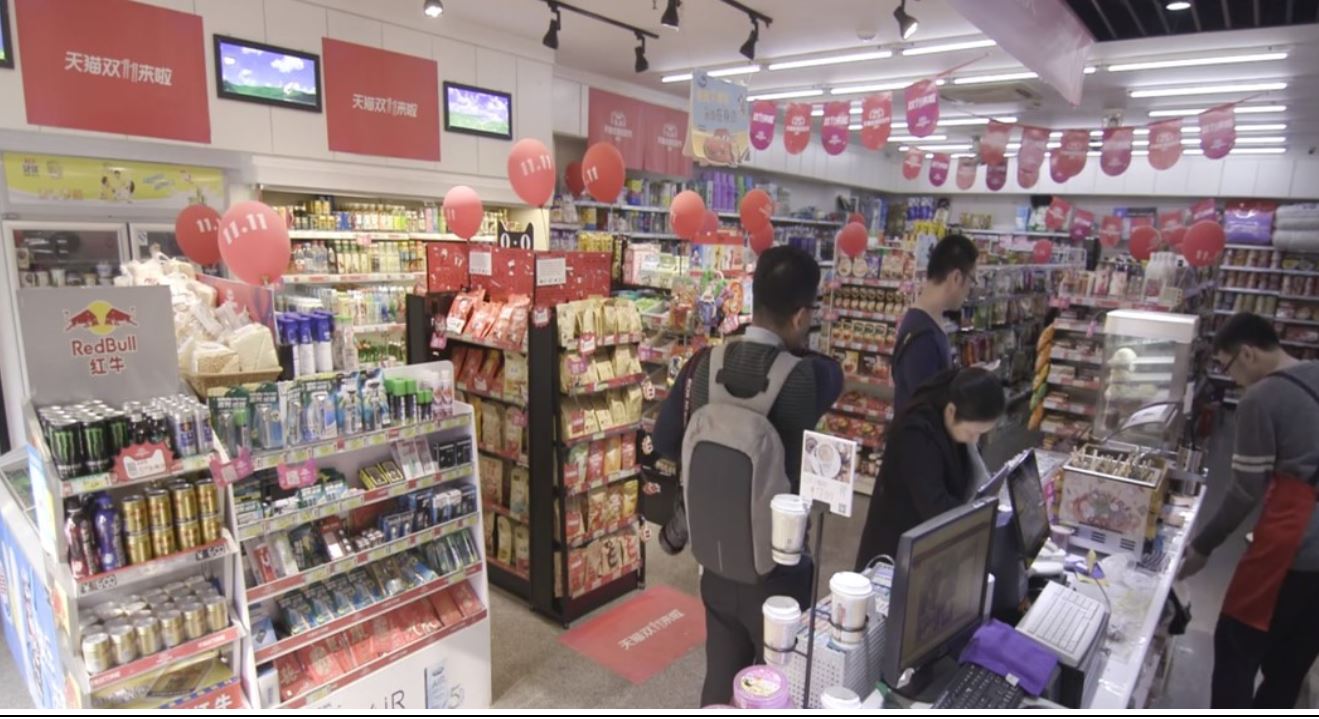
Web Developers
This report is part of our China Tech Briefings series, where we track news and developments related to Chinese technology companies and share our views on how these developments will impact the country’s retail sector and overall economy.

What Is Ling Shou Tong?
Ling Shou Tong—which translates as “retail integrated”—is a partnership program between Internet giant Alibaba and independent, family-run c-stores in China. It is designed to modernize c-stores by enabling them to incorporate technology for analytics and operational improvement. Ling Shou Tong offers a suite of services to digitalize family-run c-stores, make the stores more efficient and strengthen their profitability. Alibaba offers the partnership for free to participating stores. There are about 6 million family-run c-stores in China, according to Alibaba. These outlets serve as general stores that sell essentials to the local community and they are dotted all over the country, from large cities to remote rural locations. Family-run c-stores have largely been operating the same way for decades in China, and they are often managed by owners over the age of 45, who do everything from stocking shelves, to running the register, to managing inventory and ordering stock.
Source: Alizila
How Does Ling Shou Tong Work?
Store managers participating in the program process orders via the Ling Shou Tong mobile app. Consumer analytics embedded in the system suggest items that are in high demand and more likely to sell, encouraging managers to purchase these products to help their stores’ profitability. Ling Shou Tong centralizes all inventory supply for participating stores. As a result, independent c-store managers do not have to deal with multiple distributors. This minimizes their risk of running out of items, as Alibaba’s distribution network guarantees them one-day delivery for fast-selling items. Stores that join the Ling Shou Tong partnership also receive services such as data and mobile top-up, and they are able to add items such as cooked snacks to their offering in order to attract more customers to their store. External consultants called City Partners help c-store owners install the back-end technology needed for digital integration and then train the owners how to use it. Participating stores that perform well can rebrand themselves as Tmall Corner Stores, benefiting from the name recognition of Alibaba’s Tmall marketplace. Stores that attain this status have access to greater product selection, a point-of-sale system with integrated inventory tracking, goods that are likely to appeal to consumers living in the area, in-store digital advertising and LED store signage.How Ling Shou Tong Fits into Alibaba’s Strategy
Ling Shou Tong is an integral part of Alibaba’s New Retail strategy, which aims to integrate online and offline retailing through digitalization. This includes operating highly digitalized physical stores, such as the Hema chain of supermarkets. At such stores, shoppers use their smartphones to browse information and shop, and then cutting-edge technology such as facial recognition enables them to pay for their purchases. With Ling Shou Tong, Alibaba leverages a vast network of independent c-stores to:- Expand its physical store network reach: Alibaba establishes a de facto physical presence throughout the country by operating through the participating c-stores. The stores rebranded as Tmall Corner Stores feature the Tmall logo and effectively operate as Tmall franchises.
- Gather local consumer insights: Participating stores become a precious source of shopper data at the local level, providing Alibaba and its brand partners with consumer insights and data analytics. Mondelez, for example, used consumer insights gathered from participating c-stores to launch a single-serving Oreo package designed to appeal to consumers looking for a quick and cheap snack.
- Encourage upselling: The Ling Shou Tong mobile app used by store managers to process orders recommends items that are likely to sell, encouraging managers to stock products that they might not otherwise have considered.
- Expand its distribution business: When a c-store joins Ling Shou Tong, Alibaba becomes its exclusive supplier. Given the huge number of independent c-stores in China, the partnership program has the potential to significantly expand Alibaba’s distribution business.
- Strengthen its last-mile delivery capabilities: Ling Shou Tong gives Alibaba access to millions of c-stores throughout China, which can become a key element of the Internet giant’s last-mile delivery strategy, as these stores can serve as collection points or fulfillment centers for orders processed on Tmall or other Alibaba platforms.
- Strengthen its brand recognition and corporate social responsibility efforts: Ling Shou Tong strengthens Alibaba’s Tmall brand recognition even in the most remote areas of China, particularly at stores that are rebranded as Tmall Corner Stores. The partnership also enables Alibaba to give back to local communities, as it helps local retailers succeed when they might have otherwise succumbed to competition from more modern retail channels.